Anyone reading this magazine for the first time, unaware of its dual citizenship, might easily form the impression that it can’t make its mind up about the meaning of the word ‘liberal’. This is because for the first ten or twelve pages the word invariably refers to a political party which represents broadly right-of-centre interests, while in most of the subsequent pages it is a catch-all descriptor for the aims and values of the progressive left. Australia’s etymological Anglosphere divergences are usually a matter of nuance, and rarely marked enough to cause confusion. But there is nothing nuanced about the difference between liberal and Liberal in Australia; they are, to all intents and purposes, contradictions. Which is especially problematic for ex-pat or visiting poms because, notwithstanding the different spellings, the British Labour and Australian Labor parties have a common provenance and tend to sing from the same song sheet on most of today’s big issues. This semantic inconsistency is so grandfathered in our political commentary, though, that most Australians don’t feel the need to address it, much as most Americans don’t have a problem calling a sports competition The World Series when even Canadians aren’t allowed to take part in it.
But these days it may not be just foreigners who struggle with the ambiguity of Australian liberalism. With most younger Australians more engaged with international issues like gender, climate and race than with existential domestic problems like the cost of living and their own employment prospects, it’s hardly surprising their vocabulary is informed more by digital global platform usage than the Macquarie dictionary definition. And that, for the Thunberg, BLM and trans-rights generation, having a liberal outlook does not have much to do with promoting freedom. At least, not the kind of individual freedom of belief, speech and enterprise which Robert Menzies wanted to safeguard in 1944, having seen what the repression of those freedoms – aka totalitarianism – had done to Europe in the preceding decade, and which continued to menace most western democracies, long after the war, in the sheep’s clothing of socialism. Since the embrace of socialism always involves the displacement of old ideas with new ones, the word liberal has increasingly been allied to the word progressive, and to the point where they are now indivisible – like ‘toxic’ and ‘masculinity’. And for a lot of young Australians today, thanks to the inflexible ideology and cancel culture fostered by the universities they attend, and the corporations which subsequently employ them, the adjective liberal is now blithely applied to an outlook which previous generations would have described as il-liberal and in-tolerant.
One of the main complaints levelled at the last two leaders of the last Liberal administration was they were too willing to adopt centrist positions which their base saw as the politics of appeasement and a betrayal of core values. A more generous appraisal of the Turnbull and Morrison leaderships might be that both men simply realised that a party which calls itself liberal will never appeal to younger Australians unless it prioritises issues which were once the exclusive domain of the Greens, and are now shared with Labor and the Teals. In which case, the main obstacle Peter Dutton must overcome between now and the next general election might be less a matter of backbone than of nomenclature.
One thing that neither party will have to worry about for at least the next twelve months is the threat of Chinese regional hegemony. This is because 2023 is the year of the Rabbit. For the benefit of that tiny minority of Speccie readers who didn’t know, the distinguishing yin characteristics of the rabbit are calmness, relaxation, contemplation – as opposed to the aggression and action which characterised 2022’s year of the Tiger. The sheer number of human beings who believe in Chinese astrology means that its prophecies are often self-fulfilling, and there are already signs that the rabbit is getting remarkable traction in other parts of the world. While I was in the UK last week, I read an article in the Guardian in which George Monbiot – arguably the world’s most intransigent eco-warrior and global warming alarmist – expressed something like contrition for having held a view which he now admits to being wrong. Specifically, that the wood fire burner he installed in his house ten years ago for environmental reasons actually contributes more greenhouse gases than the gas-fired boiler it replaced. Even in the depths of an historically cold British winter, it seems, green shoots may be emerging for conservatives.
Got something to add? Join the discussion and comment below.
Get 10 issues for just $10
Subscribe to The Spectator Australia today for the next 10 magazine issues, plus full online access, for just $10.
You might disagree with half of it, but you’ll enjoy reading all of it. Try your first month for free, then just $2 a week for the remainder of your first year.


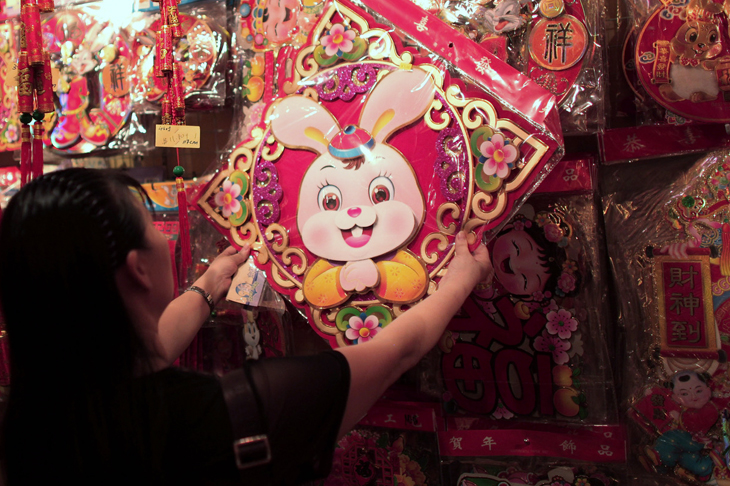
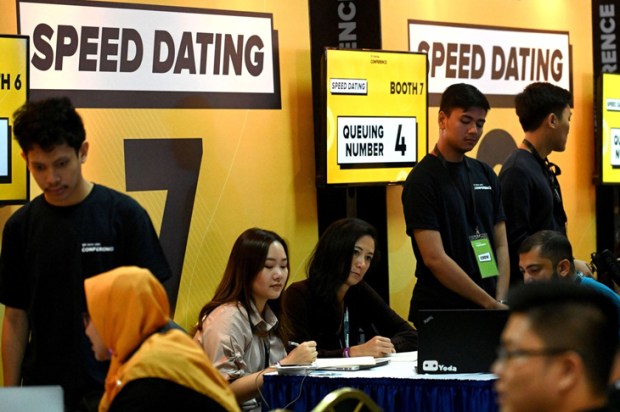
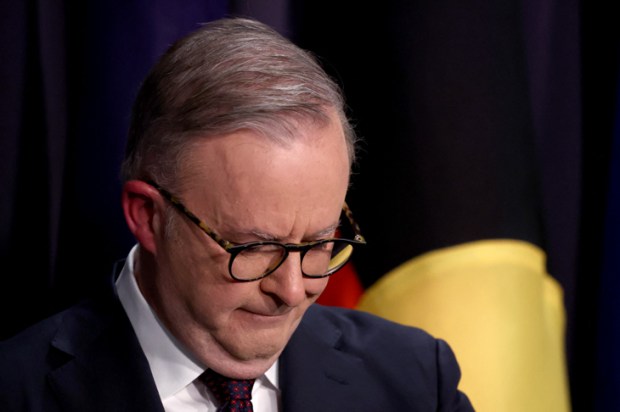

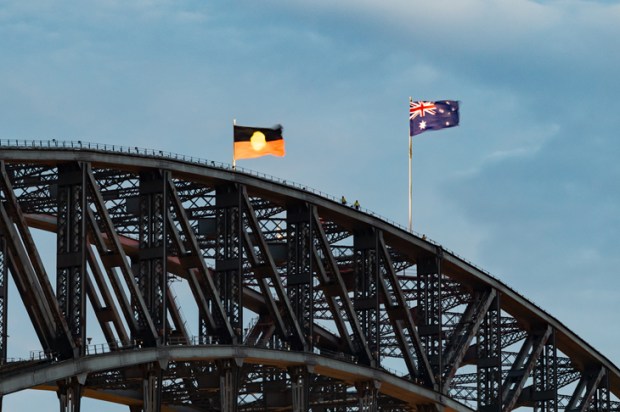

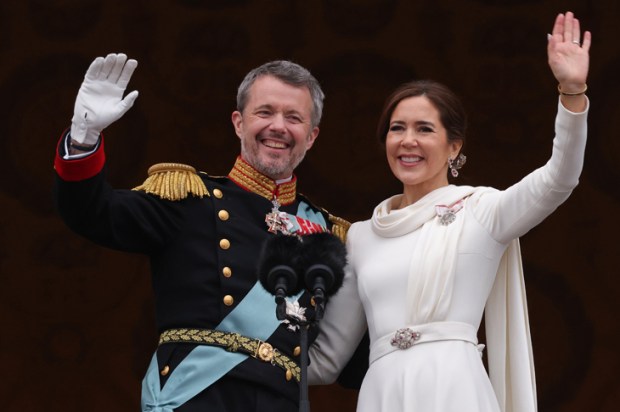






Comments
Don't miss out
Join the conversation with other Spectator Australia readers. Subscribe to leave a comment.
SUBSCRIBEAlready a subscriber? Log in